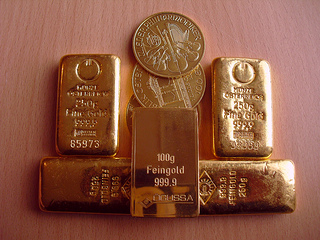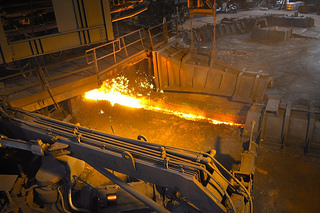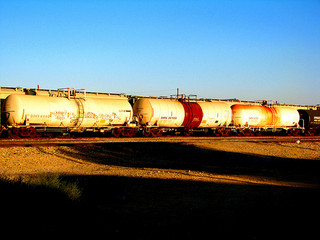Commodities Prices Expected to Continue Drop During 2014 and Beyond

The World Bank didn’t paint a happy picture for commodity prices following a lackluster 2013. Gold prices are expected to take a huge hit, dropping during the course of 2014 by 16 percent to $1,050, down from its current price of $1,251 per troy ounce, according to Goldman Sachs. Most of the falling price of gold is attributed to the recovering economy. Gold tends to be bullish during a recession as investors attempt to hedge against inflation, and experiences bearish trends when the economy is strong. Similarly, the precious metal silver is expected to fall by 12 percent, while platinum should drop by about six percent. This article is for Premium Members only. Please login below to read the rest of this article.
Not a Premium Member yet? Become one today.
[login_form redirect=’https://www.procurementbulletin.com/commodities-prices-expected-to-continue-drop-during-2014-and-beyond’]
[show_to accesslevel=’Premium Members’]
[/show_to]
The outlook for oil and other energy sources was less clear. Experts predict steady yet gentle declines in prices for oil, depending on the potential for turmoil in the oil rich Middle Eastern countries. Overall, oil prices per barrel should fall about one percent for the year. Natural gas prices saw a recent spike due to demands for additional heating in this brutal winter, but these prices should fall again once winter releases its grip. U.S. prices for natural gas sit around $4 per unit, while Europe pays $12 and Japan pays $15.
Prices for fertilizers are closely tied to the prices of natural gas, and fertilizers are expected to drop by just over 17 percent. The World Bank believes fertilizer prices should fall by 11.7 in 2014, and decline another 1.4 percent in the following two years. Weather and trading policies among nations also affect fertilizer prices, so there is room for error in this estimate.
China’s demand for basic industrial metals drove prices upward until last year, when an oversupply caused prices to fall more than any other group of commodities. Depending on how China’s economy fares in 2014, prices for these metals should fall about 1.7 percent. China continues to be a factor in all commodities prices, but their economy affects prices for industrial metals the most.
If predictions by the World Bank hold true, 2014 will be the second straight year of declining prices in commodities.








